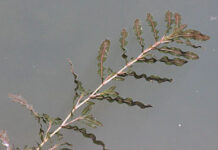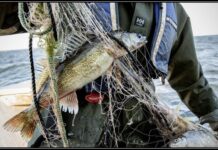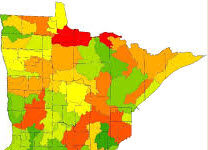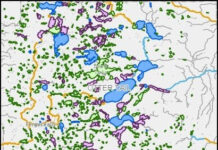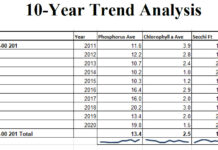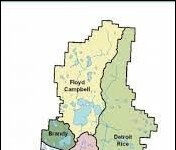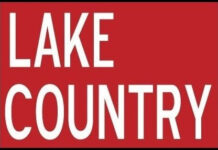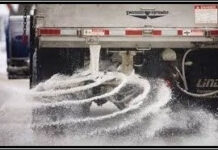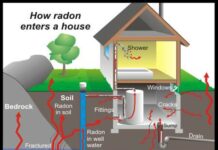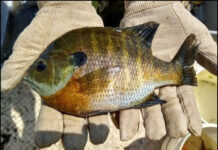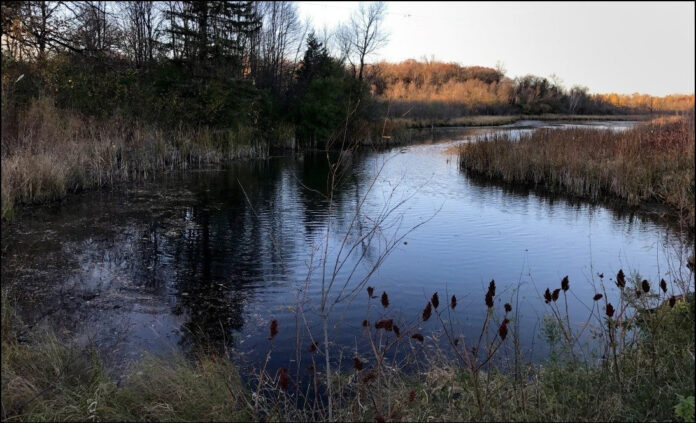Climate change affects BWSR’s ability to fulfill its mission, which is to improve and protect Minnesota’s water and soil resources by working in partnership with local organizations and private landowners. The extreme weather patterns and disrupted natural cycles associated with climate change reduce program effectiveness and threaten the environmental and economic benefits that Minnesota’s landscapes provide. At the same time, conservation programs and practices can mitigate the effects of climate change by reducing greenhouse gas emissions, through capture and storage of carbon on the soil and reduction in emission producing activities such as fertilizer use and fossil fuel consumption.
BWSR is focused on this topic to help maintain public investments in projects and overall landscape health and has developed several reports and resources that focus on this topic.
The updated Climate Change Trends and Action Plan (pdf) (2019) explores actions BWSR is taking to integrate climate change considerations in conservation programs and practices on private lands, which make up approximately 75% of Minnesota’s land area. It identifies the greenhouse gas emission reductions provided through agricultural conservation practices, retirement of marginal agricultural lands, and wetland conservation and restoration.
Building Resiliency to Extreme Precipitation in Minnesota (pdf) (2018): This white paper was developed by a work group consisting of members of the Minnesota Interagency Climate Adaptation Team (ICAT). The goal of this white paper is to increase resilience to extreme precipitation that can impact Minnesota’s human and ecological health, infrastructure, property, and economy. The content of the white paper is intended to inform and guide those planning implementation actions to address these challenges, including government agencies, NGOs, land and water managers, emergency managers, and others making decisions about land use and the built environment.
The BWSR Landscape Resiliency Toolbox has been developed to address a wide range of landscape stressors, including climate change, to maintain long-term ecological, economic and social benefits. The toolbox includes links to eight topics: Funding and Partnerships, Working with BWSR Programs, Water Planning, Urban Planning, Conservation Lands and Natural Areas, Agricultural Landscapes, Invasive Species and Long-term Management, and Community Outreach and Engagement. Each category includes information about planning methods and key strategies. The toolbox also includes case studies and links to other resources.
CONTACT
Dan Shaw
Senior Ecologist/Vegetation Specialist
Suzanne Rhees
Conservation Projects Coordinator

